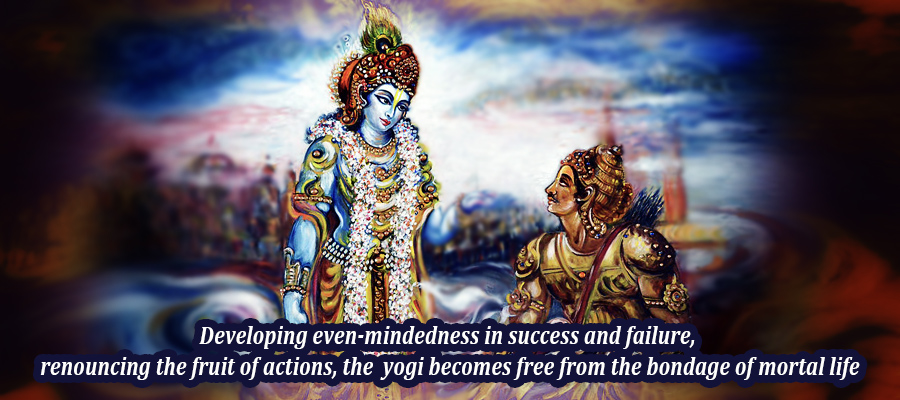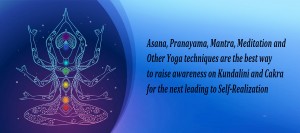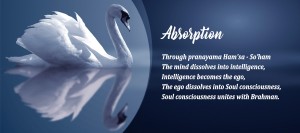Buddhi Yoga takes an important place in the Bhagavad Gita. Buddhi is one of the functions Antahkarana, the ‘internal organ’, which is composed of buddhi (reason), manas (mind), Chitta (memory) and ahamkâra (‘I’-sense). In order to function correctly and impartially this ‘reasoning’ reason has to take into account many different data of experience, for the least gap, the least want of objectivity is enough to have the reasoning distorted. This is a fact which, in principle, no one will contest. And yet it happens quite often that emotion—the personal factor—distorts our vision by refusing to take certain aspects of the reality into consideration, namely those that would harm our need for satisfaction. Our individual tendencies (vâsanâ) are like blinkers that limit our vision.
Generally speaking buddhi is a kind of intelligence that exists in all of us and helps to be smart and intelligent in taking decisions. Buddhi is discriminating intelligence. It is one of the tattvas identified in Samkhya and Hindu philosophical systems.
“Buddhi” is the intelligence that exists in all of us in contrast to ‘Chitta” or pure consciousness. Buddhi gives us the power to discriminate and decide what is good for us and what is not. It is the force behind our wisdom and our reactions to the outside world. A man of lesser buddhi is constantly driven by the senses and the desire for sense objects. He thereby remains in a constant state of turmoil and sorrow arising out of union and disunion with the sense objects.
According to the tantric scriptures, Buddhi is the place where the radiance of Atman is reflected. Buddhi gives us the power to discriminate and decide what is good for us and what is not. It is the force behind our wisdom and our reactions to the outside world. It is however not just power of discretion and judgment. It is also perception, comprehension, understanding, intelligence, rationality, wisdom, discrimination, mindfulness, presence of mind, all working together to keep us attuned to the world around us and deal with it wisely, appropriately and effectively to the best of our expectations, beliefs, intentions, and attention.
Buddhi influences the way we understand and interpret our experiences, take actions and decisions, develop beliefs and prejudices, regulate our lives, behavior, relationships, learning, speech, expression and so on. Buddhi-hina means absence of or deficiency of buddhi, which is often used to refer to people who are considered to be stupid or foolish. According to Hindu scriptures, most of our problems in life can be traced to the deficiencies in our buddhi.
Buddhi has a tendency to become clouded by the activity of the senses and our desire for sense objects. A man of lesser buddhi is constantly driven by the senses and the desire for sense objects. He loses his control over his mind and thoughts and indulges in actions that would bind his soul to the cycle of births and deaths. He suffers constantly as he fails to practice equanimity during the union and disunion of the senses and the mind with the sense objects.
Buddhi yoga is the practice of uniting the mind with the higher consciousness through the proper use of buddhi, the power of discretion and understanding. Buddhi yoga enables us to use the faculties of our minds effectively for self-realization. Through Buddhi yoga we learn to control the senses and quite the mind. We learn to discriminate the right from the wrong and the appropriate from the inappropriate. We also become conscious of the nature of the three Gunas and the movement of the breath and other energies in our physical and mental bodies. The Bhagavadgita deals with the concept of buddhi yoga in greater detail. In the following paragraphs, we have presented a brief description of buddhi yoga as explained in the Bhagavadgita.





